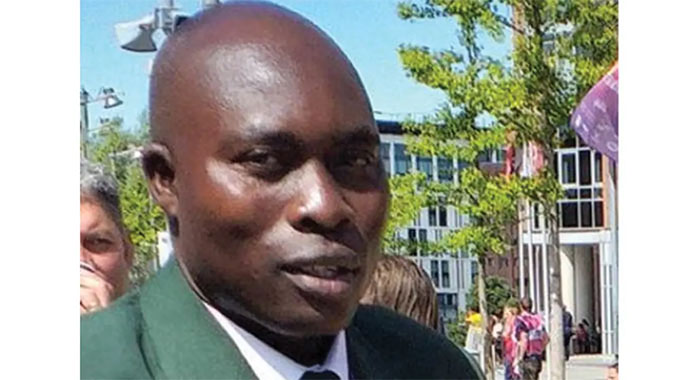Of snares, growing human-wildlife conflict

Fungai Lupande-Mash Central Bureau
Under the blistering mid-morning Zambezi Valley heat, James Zingundu (60) left Murenza Village in Hangwa, Mbire to fetch poles from the riverine vegetation, a spitting distance from his homestead.
His intention was to build a resting shed, to beat the unforgiving heat.
Unbeknown to him, a lion with a wire snare around its neck was stalking him. Lions that survive wire snares are known to be cheeky and going after easy prey like humans that do not run too fast.
Soon, the feline pounced on him and he tried to run, as shown by his footprints on the river sand, but the beast caught up and emasculated him before dragging his body into the thicket.
By the time other villagers who heard him screaming for help arrived, he was already dead. The lion had mauled him on the neck and below the waist.
“The man was going to fetch poles when he met the lion. He was walking along the river and footprints showed that at one point he started running.
“A bloodstained jacket was left at a distance and the lion dragged him towards that direction before mauling only his private parts,” said one villager Mrs Liziwe Jasi.
Mbire Ward 2 councillor Chenjerai Chimukoro said the recent incident has left the community shell shocked because the behaviour of the lion was strange.
“From the traditional side its unheard of, but professionals are saying it’s an act of emasculating its victim as a sign of dominance. These lions have cubs. Wild animals are everywhere in this village as people invade their corridors. Schoolchildren have stopped coming to school.
“Our Campfire programme was vibrant years back. We used to receive over US$100 000 and channelled the money towards building schools and clinics. Now we are receiving small amounts and we are using the money to complete projects started with donors, or repairing community equipment.”
Clr Chimukoro said there is a need for collaboration between community, safari operators and council.
“People are aggrieved because safari operators are identifying animals and waiting for long periods for the hunter to come. As they wait the animal will be destroying crops but no one is compensating,” he said.
Yesterday, Environment, Climate, Tourism and Hospitality Industry deputy minister Barbra Rwodzi visited Mbire to console the community and get a deeper understanding on the situation.
Since 2015, 36 people lost their lives while 75 were injured in crocodile, elephant, lion attacks and snake bites 11 wards across the district.
As the community gathered at Angwa Secondary School in Murenza village, identified challenges included ballooning population of both human and wildlife and dwindling land for wildlife inhabitants.
Clearing land for resettlement in wildlife corridors, riverbank cultivation and fight for water in silt up rivers between humans and wild animals were also identified as major drivers to human wildlife conflict.
Dande Safaris senior wildlife officer Mr Everson Mawurukira said as poaching increases in Mbire, the community is also using snares to catch prey.
He said three buffaloes were found on snares while two elephants had to be rescued from the snares by the department of veterinary services, recently.
The lion which attacked the deceased Zingundu (60) last Friday had a wire around its neck and is believed to have survived a snare and was angry.
Coupled with little benefit from the Campfire programme, Mrs Venencia Chimucheka said they don’t see the benefit from co-existing with wild animals.
“We can co-exist with baboons and monkeys. Elephants and lions are killing our loved ones and livestock,” she said.
“We call ZimParks officials when the attack happens but they take time to respond. They love animals more than people. If one catches a small animal, ZimParks officials arrive within seconds.
“We don’t see the benefit from keeping these animals. People are dying and our crops are being destroyed. Why are we keeping these animals,’’ Mrs Esmeri Kadziyanike who is disabled from a crocodile attack said the incident happened in February this year while she was fetching water in Mbiwe stream.
“I was rushed to Zambia following the attack. I am now living with a disability and I cannot do farming to fend for my family like I used to do,” she said.







Comments